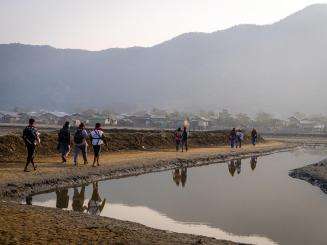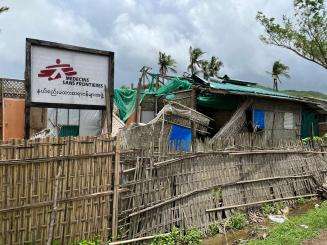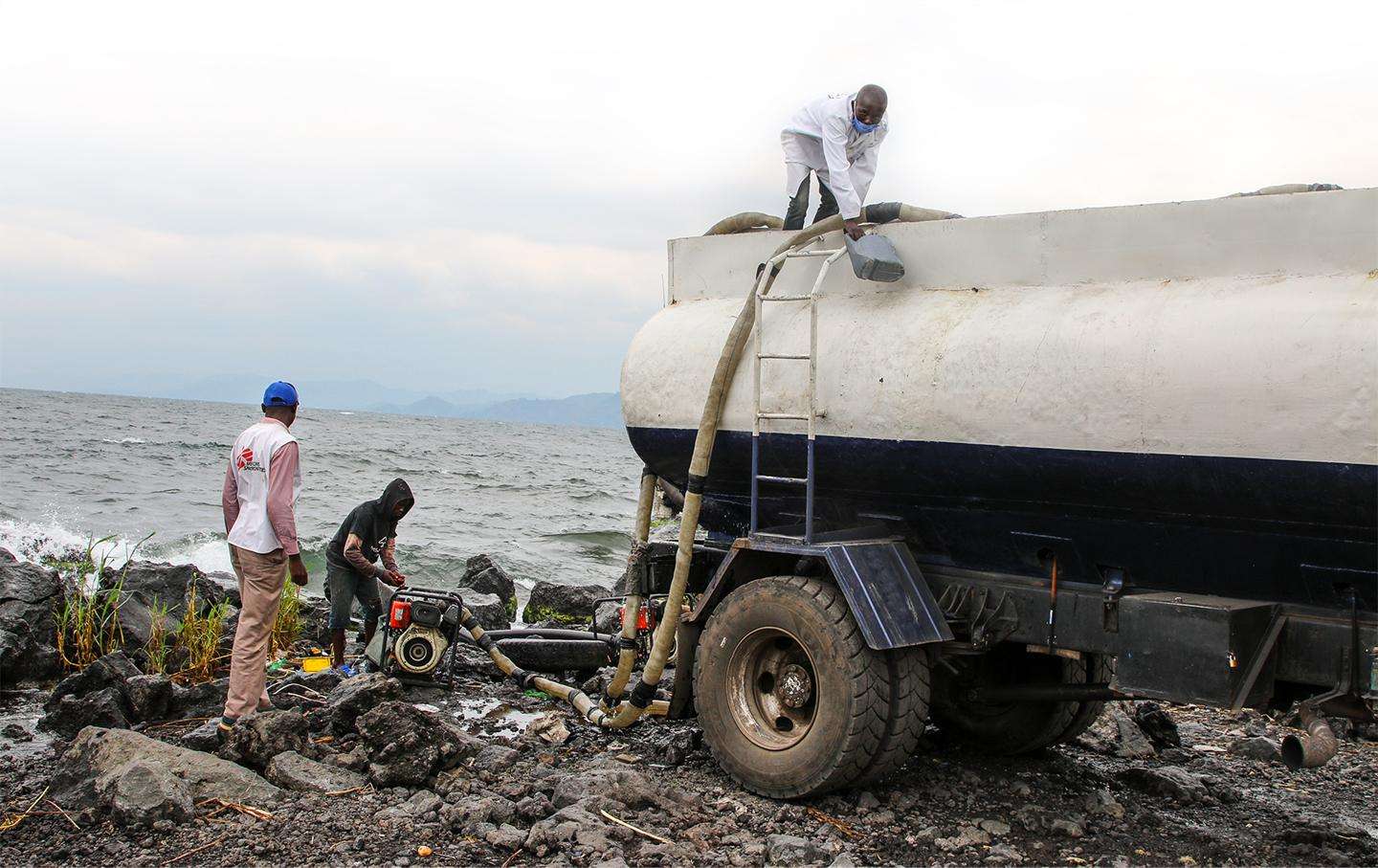Sudan: Intense fighting is forcing hospitals to close in El Fasher
story Jun 13, 2024
Get the latest news, stories, videos, and more from our medical humanitarian projects around the world.

story Jun 13, 2024
Speaking out about the emergencies our staff and patients witness is part of who we are. Explore our history and principles.
Story | Apr 17, 2024
MSF’s outgoing project coordinator outlines the dire needs of the Rohingya in Rakhine state amid escalating violence.
Read More
Story | Jul 27, 2023
MSF calls on military authorities in Myanmar to lift restrictions that impede urgent humanitarian action preventing further harm, disease outbreaks, and loss of life.
Read More

Your unrestricted gifts enable us to provide lifesaving medical humanitarian care on the ground and speak out about what we see.